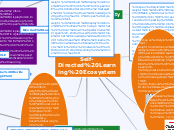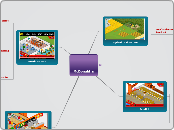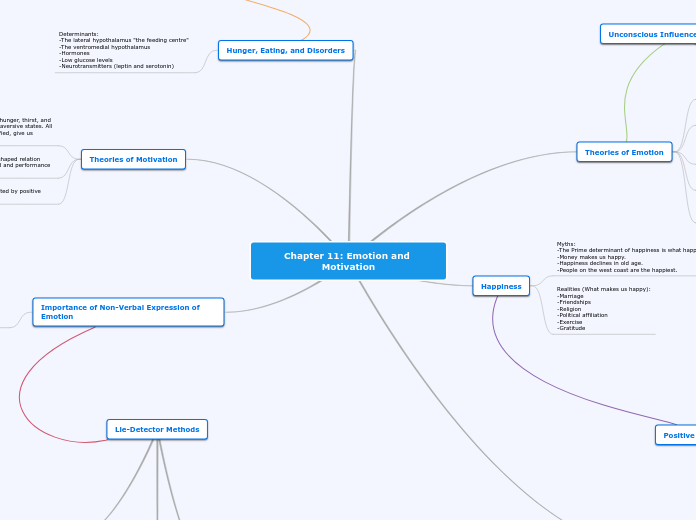realizată de Julie Schneyer 6 ani în urmă
462
Discovery, Necessity, Commodity: A Self-Directed Learning Ecosystem Typology
Contemporary education has evolved significantly, emphasizing flexibility and student agency. Online learning incorporates principles such as mastery-based learning, instant feedback, and gamification, allowing students to learn at their own pace and engage in interactive experiences.









